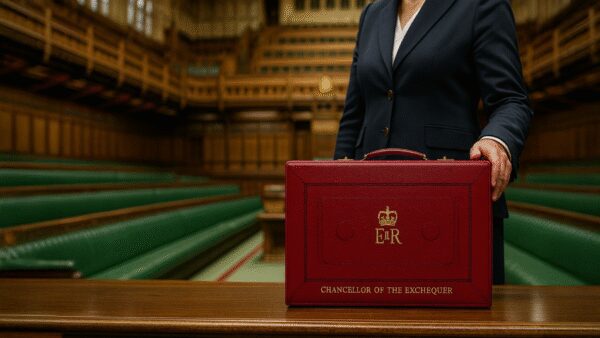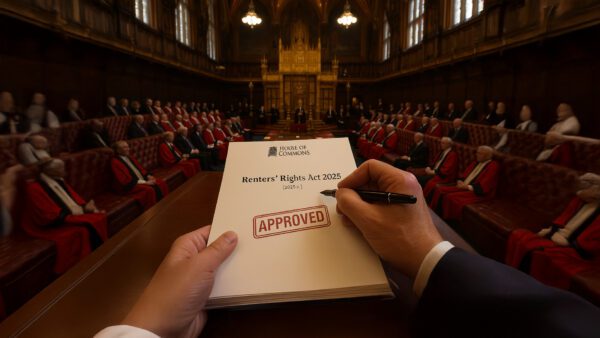Establishing the domicile of an individual on death is fundamental to determining the exposure and, therefore, liability to inheritance tax (IHT). Often this area is misunderstood and can lead to complexities during the estate administration. In this article, we discuss the various categories of domicile with a particular focus on the statutory notion of deemed domicile.
What Is Domicile?
Domicile is a common law concept that is broadly summarised as an individual’s ‘permanent residence’. Under English law there are three key categories of domicile:
Domicile Of Origin
This is acquired at birth by reference to the parent’s domicile. Typically, an individual takes their father’s domicile status. This status can be displaced by either of the following two categories.
Domicile Of Dependency
A dependent individual acquires the same domicile of the person on whom they are dependent. For example, if a parent acquires a domicile of choice in a different jurisdiction, then the dependent would also acquire the same domicile. Dependent individuals include unmarried children under the age of 16 and mentally disordered individuals.
Domicile Of Choice
To establish a domicile of choice, the following two elements must be evident:
- physical presence in the territory concerned; and
- an intention to reside permanently and/or indefinitely in the territory.
The extent to which an individual is exposed to IHT depends on their domicile status and broadly the outcome is as follows:-
- Individuals who are UK domiciled are subject to IHT on their worldwide estate.
- Individuals who non-UK domiciled are only subject to IHT on their UK estate (ie assets that are considered UK situated for IHT purposes).
Statutory Provisions For UK Deemed Domicile In IHT
There are two key statutory provisions to treat otherwise non-UK domiciled individuals as UK deemed domiciled for IHT purposes:-
- Formerly Domiciled Residents – Applied to individuals who were born in the UK with a UK domicile of origin. These individuals will acquire a deemed domicile status for IHT purposes if they were both a UK resident for the tax year in which the relevant event occurs and they were a UK resident for at least one of the two tax years immediately before this event.
- 15 out of 20 Year Rule – Non-domiciled individuals are treated as UK domiciled for IHT when they have been a UK resident for 15 out of the last 20 years.
The implication of deemed domicile is an important consideration for spouses and civil partners as it can significantly impact the spousal exemption for IHT that is available to them. Transfers from UK domiciled spouses and civil partners to non-UK domiciled spouses and civil partners are not entirely exempt from IHT in the usual way. Instead there is a limited spouse exemption.
Election To Be Treated As UK Domiciled
An option available to non-UK domiciled individuals is, however, to elect to be treated as domiciled in the UK for IHT purposes only. There are three main circumstances when an election can be made:-
Lifetime Election
This can be made where the couple are both alive if the couples are married or in a civil partnership and if at any time on or after 6 April 2012 and at any time during the period of 7 years ending with the date on which the election is the made, the electing spouse or civil partner had a spouse who was domiciled in the UK.
Death Election
This can be made within 2 years of the death of the deceased and if at any time on or after 6 April 2013 and within 7 years ending with the date of death, the deceased was domiciled in the UK and the spouse would by virtue of the election be treated as domiciled in the UK.
Election By Personal Representatives
This can be made by the PRs if both spouses have passed away and if during the 7 years ending with the date of death the deceased individual’s spouse or civil partner, that spouse/civil partner was UK domiciled.
How Can Quastels Help?
We at Quastels have extensive experience in dealing with questions relating to domicile. This includes advising non-UK domiciled clients currently living in the UK, clients who are planning on leaving the UK and clients who are planning to move to the UK.
It is important that a domicile review is undertaken every few years to accurately record an individual’s circumstances and account for any changes that may potentially impact the domicile of an individual.
We often see that clients rely heavily on the Statutory Residency Test and the statutory requirements for deemed domicile and ignore the fact that they could have acquired a domicile of choice before the 15 year rule has applied. We advise that alongside a domicile review, a statement of domicile is prepared and regularly reviewed where there is any potential question of domicile.
For Private Wealth & Tax advice and services, please contact Eleanor Catling via our contact form below.









